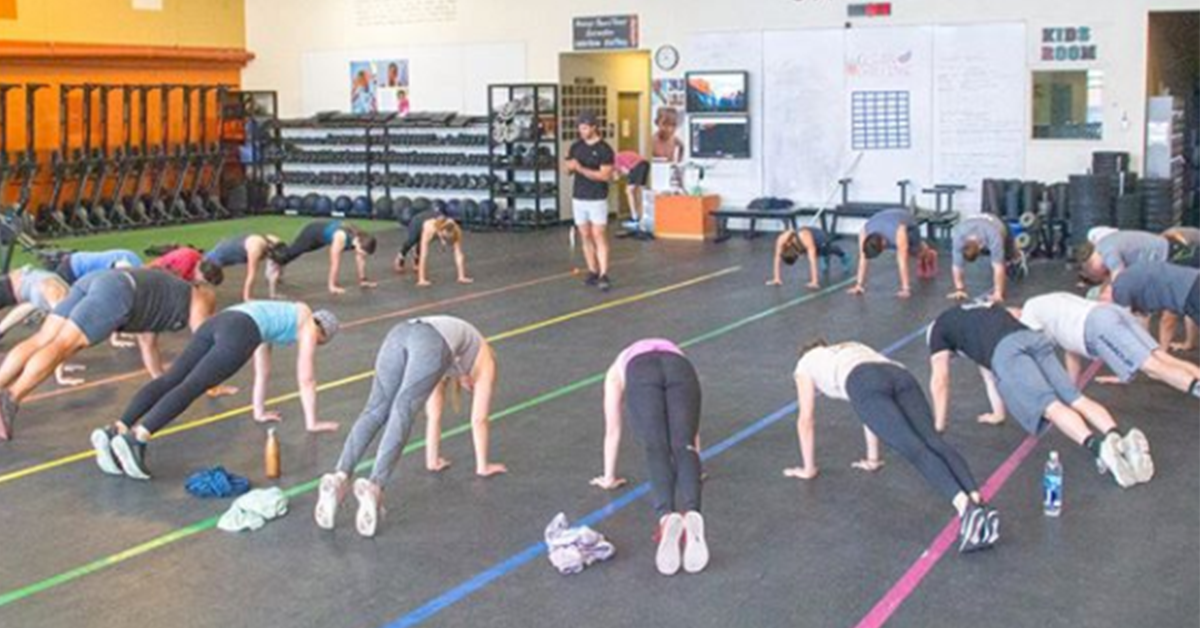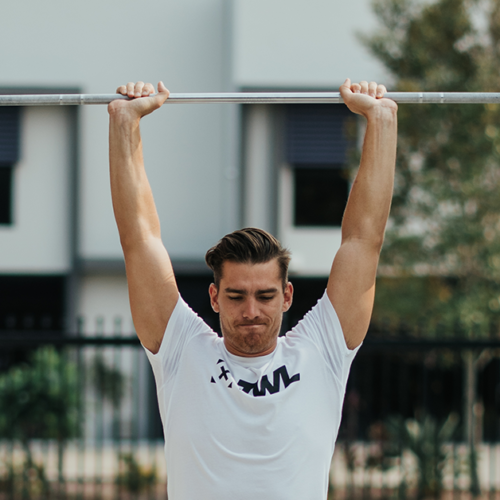Picture this: You just got home after an extreme workout. You toss your gym bag into the corner and you notice you’re walking a bit slow. Then you realize you’re in pain—unbearable pain. Your legs feel like cement and every bit of movement is uncomfortable.
If exercise is part of your life, experiencing muscle soreness may be familiar to you. But how do you know when you’ve gone too far? How much is too much when it comes to muscle soreness?
First, let’s talk medical terminology:
- Lactic acid build-up. Our bodies produce lactic acid during intense exercise when muscle fibers are demanding more oxygen than the blood is capable of delivering. To produce the energy needed, the body begins another process in order to replace the lack of oxygen.
- Muscle fibers break down during workouts. When we perform intense exercise, we are putting our muscles under stress, causing them to break down.
- Inflammatory hormones may be released if you’re exercising vigorously. The body’s response to physical stressors can be inflammation, especially when muscle damage occurs, like that which results from a hard workout.
- Muscles are put under physical strain. When we do an intense hard workout, we are putting our bodies under physical stress. If our bodies aren’t used to that stress—as with someone who’s new to exercise—muscle soreness is even more likely.
Muscle soreness is the natural physical response of a body that has been put under stress, but let’s take a look at scenarios where soreness may be a sign of a larger issue.
Too Much of Anything is Never a Good Thing
If you experience muscle soreness that leaves you immobile or prevents you from using your joints in basic movements, you may have pushed your body too hard. Oftentimes, it’s that one workout where you pushed too far past your limits that leaves you needing to rest for a week afterward. And who wants to rest when you love working out?
In fitness, consistency is key.
Muscles respond better when they’re constantly worked. That said, you should always listen to your body and not confuse real pain with a medal of honor after a brutal workout. Shaking or twitching muscles, and loss of balance or dizziness are major signs that you should consider taming it down a bit.
Keep Doing What You Love—and Make it Sustainable
While muscle soreness is part of the pathway to fitness gains, remember that you can have too much of anything—even exercise.
Too much soreness, or too much strenuous exercise may set you back in your fitness rather than catapult you forward. Make it sustainable by listening to your body and giving your muscles time to rest and recover before the next session.


















